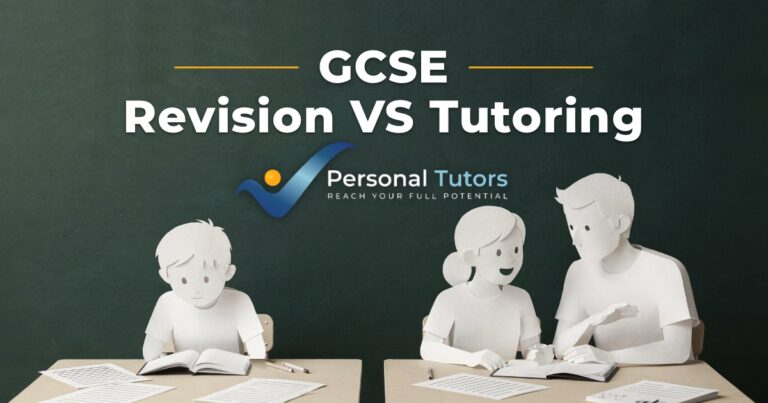Postcode
and Subject
6 Tutors
What is the typical duration of a tutoring session, and how frequently should sessions be scheduled?
There is no single timetable that suits every student. However, many families find that a 60-minute lesson once a week is a good starting point. This gives enough time to review classwork, explain new ideas and practise key skills, while still being manageable alongside school and other commitments.
Some tutors and families choose shorter or longer sessions depending on the student’s age, concentration span and goals. For younger children in primary school, 45-minute lessons can sometimes work well, especially when attention and energy levels are still developing. Older students preparing for important exams such as GCSEs and A-Levels may prefer longer sessions (for example, 90 or 120 minutes) so they can work through past papers and more complex topics in depth.
The ideal frequency of sessions also depends on the student’s needs. Weekly lessons are common, as they provide regular support and enough time between sessions for homework and school learning to build up. In some cases, such as when a student is significantly behind, has an upcoming exam or is following an intensive revision plan, families may choose two sessions per week, at least for a short period.
Consistency is often more important than intensity. Regular weekly lessons over a longer period can help build strong routines, steady progress and lasting confidence. In contrast, very occasional or irregular lessons may feel less effective, as there is less opportunity to revisit ideas, check understanding and build momentum.
Practical considerations also play a role. When planning tuition, it can help to think about the best time of day for the student (for example, after school on a quieter day, or at the weekend), how tuition fits around other activities and what feels sustainable in terms of budget. Your tutor can discuss these factors with you and suggest a pattern of lessons that feels realistic and supportive.
At Personal Tutors, we encourage tutors, students and parents to agree a session length and frequency that matches the student’s individual needs, rather than following a one-size-fits-all approach. This means tuition can be adjusted over time, for example increasing the frequency nearer exams or reducing it when confidence and independence have grown.
If you’d like to discuss what might be a suitable session length and frequency for your child, you can enter your postcode in the search box to request a free list of local and online tutors.
Information
For Students
For Students
Face-to-Face
Tuition
Tuition
Online
Tutoring
Tutoring
All
Subjects
Subjects




